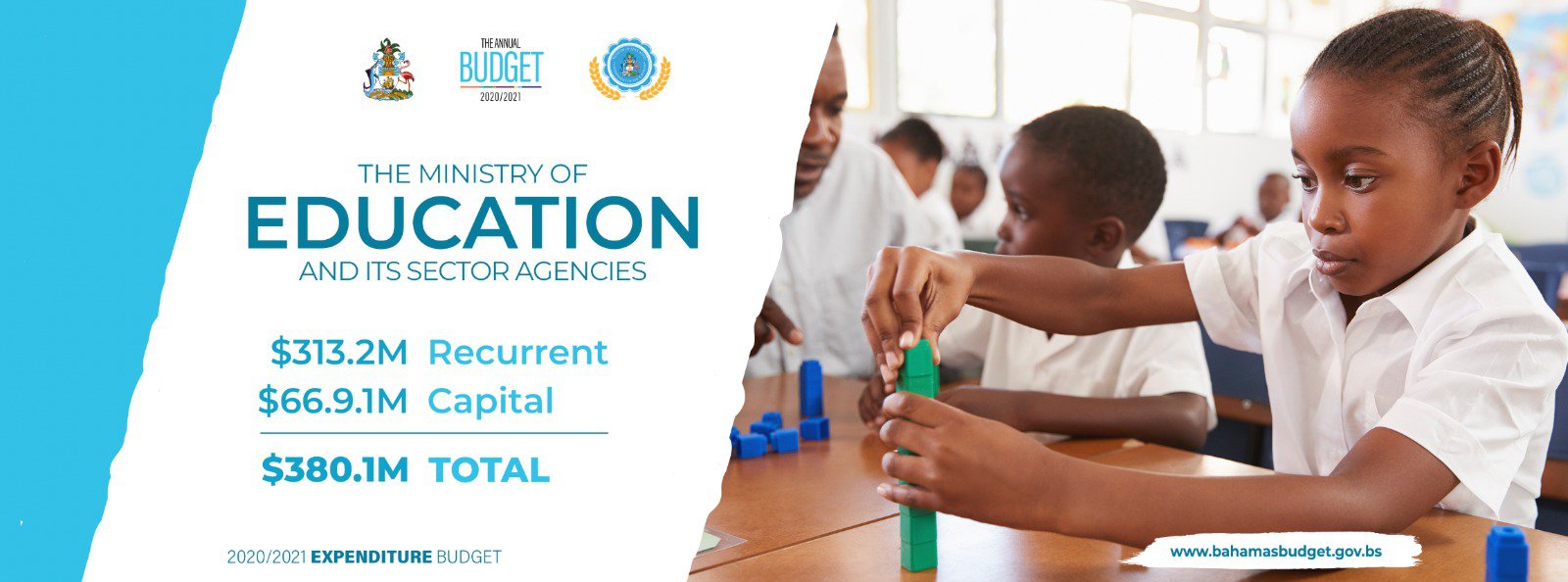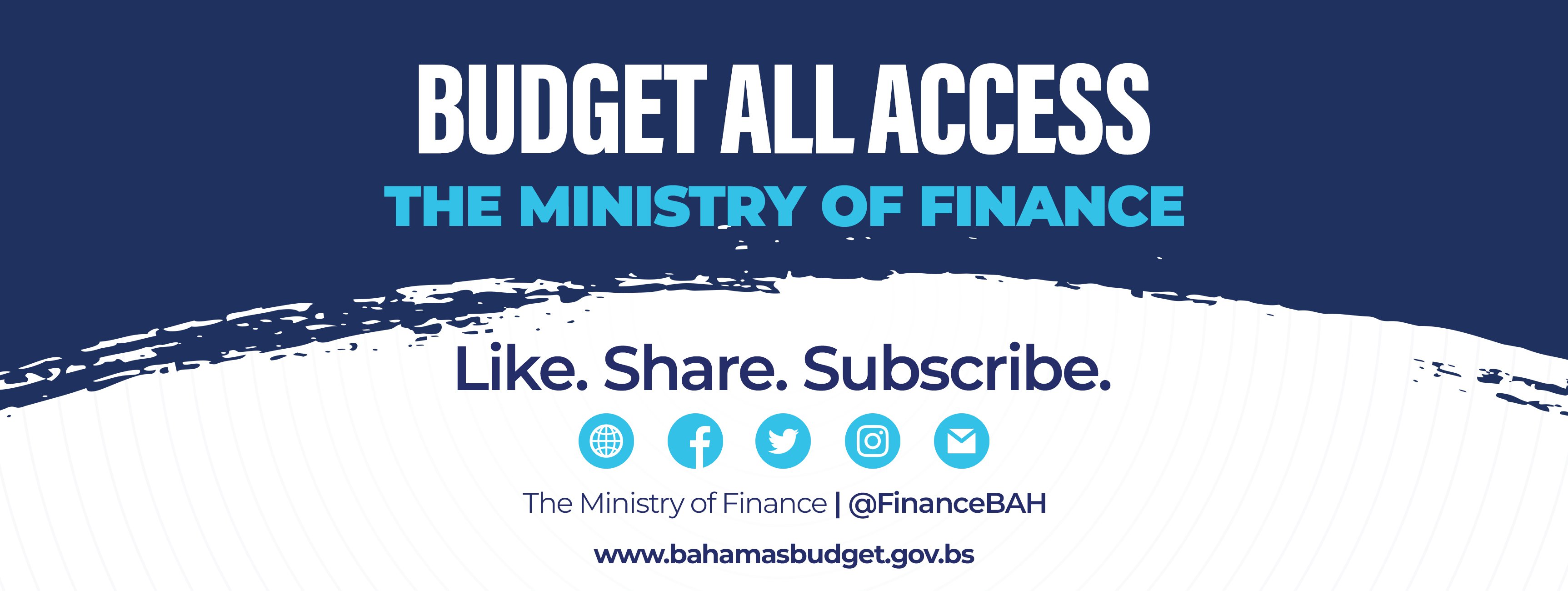What is the outlook for government expenditure?
There is a substantial cost in implementing the ‘Resilient Bahamas’ Plan. The Government is projecting a deficit of $1.3 billion. However, the Government strongly maintains that the prospect of doing nothing—or of doing too little—would lead to a much worse fate. Governments around the world are shifting their fiscal policies to provide economic relief and mitigate the impact of the COVID-19 pandemic.
The Government chose to shift from its policy of fiscal consolidation to 'Resilient Bahamas'. Fiscal consolidation was about taking public finances towards a balanced position overtime through revenue enhancement and expenditure containment. While the economy was in growth mode, the Government took the necessary steps to bring down the deficit and create a plan to contain debt growth. Now that the economy is weakened, the Government is making the decision to invest in ‘Resilient Bahamas’ to protect families, communities, and businesses, and to restore the economy.
The Government gave thoughtful consideration to its spending options and how they could impact the deficit. Because of the unique roles that governments play, their contributions to the economy are a vital lifeline in times of crisis. Drastic cuts would ultimately do more damage. For the new budget, the Government decided that investing in ‘Resilient Bahamas’ will provide the best response to the demands of the time.
Click the slider for more information on the key initiatives under the 'Resilient Bahamas' Plan.
Notwithstanding the need to invest in ‘Resilient Bahamas’, the Government is exercising spending restraint for all non-essential areas. It took this path instead of large layoffs and salary reductions as those would create more hardship in a time of crisis. There have been substantial reductions in recurrent expenditure across all ministries, departments and agencies. The decreases are very targeted, but the Government is still fundamentally practising expenditure containment. Over the next four years, the Government plans to reduce subventions to state-owned enterprises (SOEs) by $100 million, requiring them to be more efficient and self-sufficient.
Click the slider to see how the Government is cutting back on non-essentials.
More details about the budgets for each ministry and sector will be revealed during the Budget Debate, which starts on June 8, 2020. The Ministry of Finance will have all of the highlights. Stay connected!



For an overview of the Government's past expenditure performance, view the latest budget performance report. Total spending stood at $2 billion, or 65.4% of the budget, reflecting increased spending related to hurricane recovery and restoration activities and other priority spending imperatives identified in the Supplementary Budget. Recurrent expenditure expanded by $109.0 million (6.4%) to $1.8 billion, while capital expenditure expanded by $70.2 million (54.8%) to $198.3 million.
View
Download

The budget website is inspired by a worldwide movement towards citizens budgets. Presented by the Ministry of Finance, it is a visual, interactive and less-technical version of the annual budget that promotes accessibility, inclusion, transparency and accountability.
Government Revenue Continues to Rebound
May 24, 2022
Ministry of Finance Releases First Monthly Fiscal Report
March 21, 2022
Government Revenue Continues to Rebound
Feb. 3, 2022